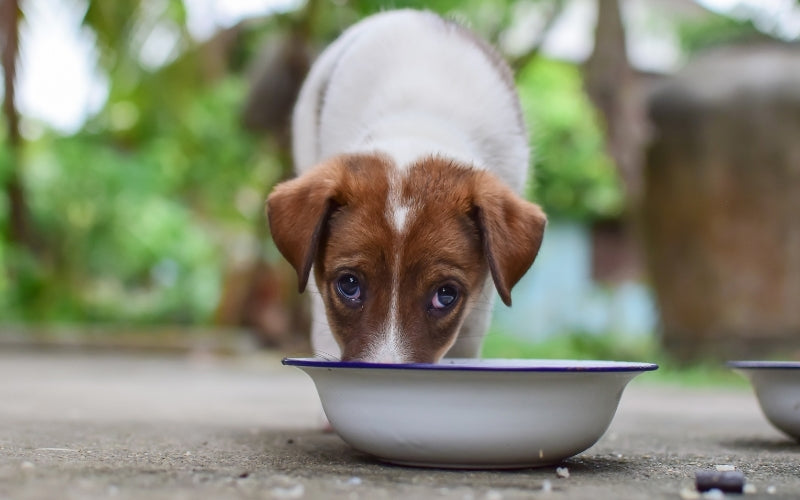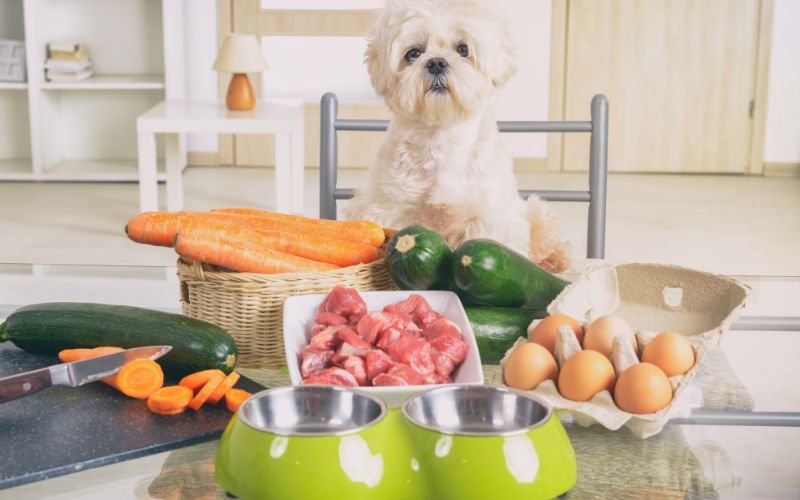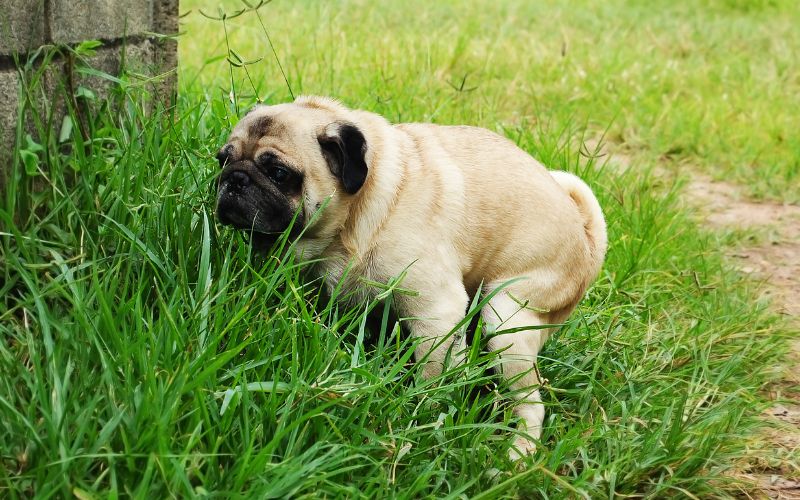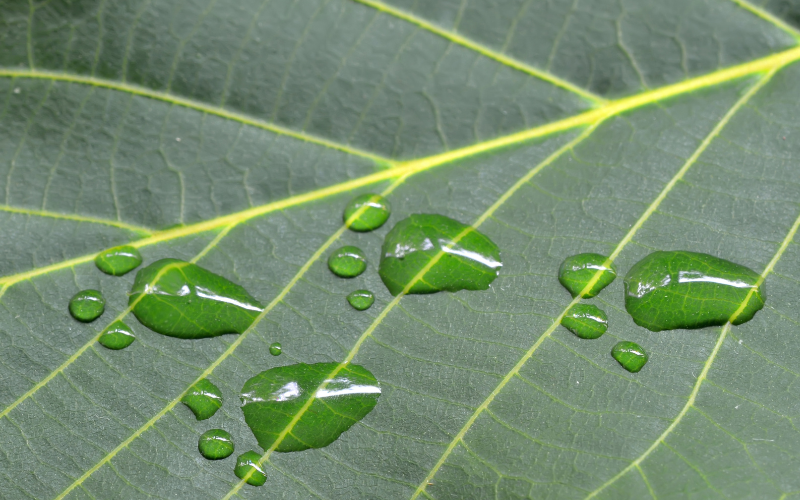This is a question we get asked a lot at Wellbeing For Dogs.
As a responsible dog owner, it’s only natural to be cautious when introducing your dog to new foods. After all, you want to be sure that these foods are not only safe but nutritious too.
So, can you incorporate potatoes, pasta and rice into your canine’s natural dog food diet? And what’s the best way to do this to optimise their health and wellbeing?
Firstly, you’ll be pleased to know the answer is ‘yes’. Dogs can eat potatoes, pasta and rice. We recommend wholegrain pasta and rice, while basmati rice is also great too.
In fact, they are a great way of incorporating vital resistant starches into your canine companion’s diet (more about that later!)
Even better, they are excellent sources of energy for your dog and can easily be turned into superfoods for long-term health and wellness.
Read on to learn more about resistant starches, short chain fatty acids and their versatile health benefits.
You’ll discover why potatoes, pasta and rice could be the missing ingredients to transform your holistic dog’s health.

What are resistant starches?
Resistant starches are essentially starches that are resistant to digestion. They function like a soluble fibre and have many powerful health benefits, most importantly supporting a healthy gut microbiome.
Human studies have shown that resistant starches improve insulin sensitivity, lower blood sugar and reduce appetite.
Meanwhile, a canine study echoed these positive benefits, revealing that resistant starches are valuable for the treatment of canine diabetes and obesity.
When cooked and cooled (which is the key here), potatoes, pasta and rice become 50% resistant starches.
This means half of the starch is not digested in the small intestine. Instead, it travels to the colon where it feeds the friendly gut bacteria.
This is vital for general dog health and wellbeing, boosting not only the different types of good bacteria but their activity and growth too.
As these good bacteria digest resistant starches, they form several compounds, most notably short-chain fatty acids like butyrate.
What are short-chain fatty acids?
Short-chain fatty acids are fatty acids that contain fewer than six carbon atoms.
They are the most important source of nutrients for ‘colonocytes’, which are the cells that line your dog’s colon.
In fact, butyrate is responsible for providing up to 90% of the total energy these cells require.
It’s important to nourish the gut lining, because it acts as a barrier between the intestines and the rest of the body.
When the lining is healthy, it’s easier for vitamins and minerals to enter the bloodstream and move around your dog’s body to where they are needed.
However, when the lining is compromised, it allows opportunistic pathogens and toxins to enter the bloodstream, which can cause illness.
A powerful anti-inflammatory, short-chain fatty acids also:
- Assist with weight loss
- Reduce the risk of heart disease and type 2 diabetes
- Help with inflammatory bowel diseases and diarrhoea
- May prevent certain cancers, most notably colon cancer
- Prevent neurological conditions
Studies have shown that upping fibre intake increases the production of butyrate.
Resistant starches - such as cooked and cooled potatoes, pasta and rice - are one of the best types of fibre to include in natural dog food to assist with the production of butyrate, alongside inulin.

But what’s inulin?
Inulin is a soluble dietary fibre found in many plants. It’s also one of the star ingredients in Wellbeing Essentials Complete 22 and a natural probiotic for dogs.
Of greater consequence is the understanding that some short-chain fatty acids travel into the bloodstream and positively affect the immune system, blood lipids and cholesterol. They may even positively affect your dog’s mood and mental health via the gut-brain axis.
Over 2,000 years ago, the Ancient Greek physician, Hippocrates, apparently claimed that ‘all disease begins in the gut’. We now know, through modern day research, that he was onto something.
That’s why it’s important to nourish your dog’s gut through healthy real food.
In Conclusion
Potatoes, pasta and rice are safe and healthy for dogs when cooked and allowed to cool.
They are an excellent source of resistant starch, which feeds the good bacteria in the gut and leads to the production of powerful short-chain fatty acids.
Short-chain fatty acids have numerous health benefits and are especially helpful for obese and diabetic dogs.
Keen to introduce potatoes, pasta and rice into your canine’s real food diet?
Download our free eBook for real food tips and information, plus our favourite turkey meatloaf dog recipe made with cooked rice or pasta.
